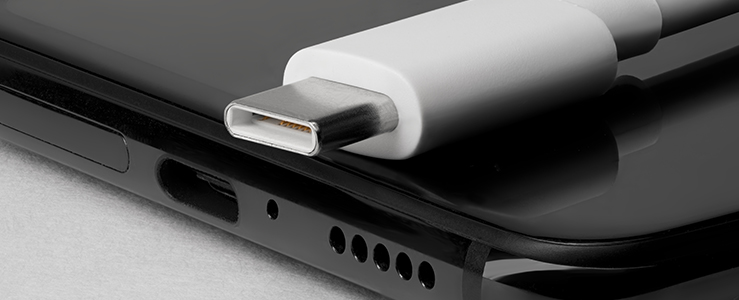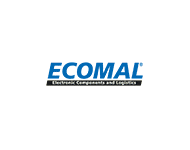Sponsored content by Würth Elektronik eiSos

Higher transfer speed with USB 3.1 – Würth Elektronik takes care of EMC
Effective USB 3.1 filtering and protection
Recently, the USB standard was updated to version 3.1. Data transfer speeds have been increased to 5 GBit/s (Gen 1) and 10 GBit/s (Gen 2). Together with the added convenience of the point-symmetric USB Type C™ connector, this improvement makes USB even more attractive. However, the increase in data transfer speed also means higher sensitivity to interference. When integrating a USB 3.1 interface, developers must pay special attention to EMC. Würth Elektronik supports them in the challenge of attenuating unwanted signals while maintaining the speed and integrity of the data transfer.
When it comes to effective filtering and protection of USB 3.1 devices, Würth Elektronik is the one-stop-shop and competent partner for design questions regarding EMC testing. Würth Elektronik not only offers a complete product range of connectors, for example with USB-licensed and TID-listed TypeC™ connectors (WR-COM), but also the EMC filters required for USB 3.1, components for ESD overvoltage protection and AC/DC to DC/DC power converters. The products are recommended in the USB-TypeC™ reference designs of leading IC manufacturers.
For high-speed data lines, Würth Elektronik offers common mode chokes for EMI suppression and TVS diodes for ESD protection. The WE-CNSW-HF series is designed to attenuate common mode noise signals while maintaining signal integrity of up to 10 Gbps. The WE-TVS series offers a diode series for ESD protection with very low capacitances (< 0.6 pF) – the ideal choice for higher frequencies. These components are also well suited for other interfaces with high data rates such as HDMI 4K, DisplayPort or Gbit LAN. A dedicated application note, which can be downloaded from the Würth Elektronik homepage, describes the components required to protect USB 3.1 devices and to attenuate EMI in order for the device to pass the EMC test. This is demonstrated by a USB Type C™ dongle. Measurements have proven the effectiveness of the components.
Click here!






